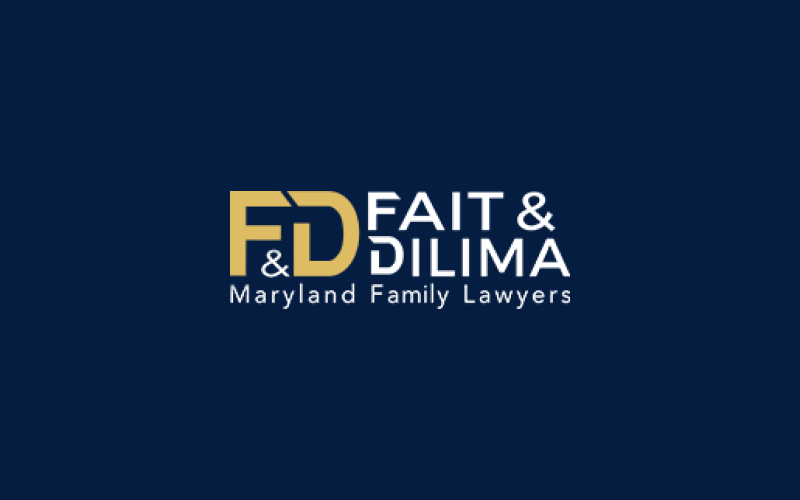Posted in Blog

Many times, the parties find child custody proceedings both legally complex and emotionally difficult. Disputes arise when the parties disagree on the best interests of the children involved. Frequently, each party believes that they know what is in the best interests of their children and will stand up for the resolution they believe in. If the parties do not reach an agreed upon settlement, a court will decide what is in the best interest of the children. This includes primary physical custody and an appropriate parenting schedule.
This process becomes even more contentious and emotional when allegations of child abuse are made. Maryland law provides the following:
(a) In any custody or visitation proceeding, if the court has reasonable grounds to believe that a child has been abused or neglected by a party to the proceeding, the court shall determine whether abuse or neglect is likely to occur if custody or visitation rights are granted to the party.
(b) Unless the court specifically finds that there is no likelihood of further child abuse or neglect by the party, the court shall deny custody or visitation rights to that party, except that the court may approve a supervised visitation arrangement that assures the safety and the physiological, psychological, and emotional well-being of the child.
Maryland Family Law statute section 9-101.
What is Child Abuse?
Abuse Defined
As a preliminary matter, Maryland Family Law statute section 9-101.1 provides that abuse for this section has the meaning stated in section 4-501.
Maryland Family Law statute section 4-501(b)(1) defines “abuse” as any of the following:
(i) an act that causes serious bodily harm;
(ii) an act that places a person eligible for relief in fear of imminent serious bodily harm;
(iii) assault in any degree;
(iv) rape or sexual offense under §§ 3–303 through 3–308 of the Criminal Law Article or attempted rape or sexual offense in any degree;
(v) false imprisonment; or
(vi) stalking under § 3–802 of the Criminal Law Article.
Child Abuse Defined
That statute goes on to provide in subsection 4-501(b)(2) when the subject of abuse is a child, section 5-701 provides further definition of child abuse.
Section 5-701(b) provides that:
(b) “Abuse” means:
(1) the physical or mental injury of a child by any parent or other person who has permanent or temporary care or custody or responsibility for supervision of a child, or by any household or family member, under circumstances that indicate that the child’s health or welfare is harmed or at substantial risk of being harmed; or
(2) sexual abuse of a child, whether physical injuries are sustained or not.
Physical abuse is nonaccidental physical injury resulting from beating, kicking, shaking, throwing, hitting or otherwise harming a child, inflicted by a parent or other caregiver. For example, when a parent becomes angry, grabs a child by the arm and twists it, causing the arm to break, that behavior is child abuse. A parent mocking, yelling at, or verbally threatening a child may also be abuse. Any sexual abuse of a child is abuse under the Maryland statute.
What is Child Neglect?
Maryland statute section 5-701(s) defines child neglect as:
(s) “Neglect” means the leaving of a child unattended or other failure to give proper care and attention to a child by any parent or other person who has permanent or temporary care or custody or responsibility for supervision of the child under circumstances that indicate:
(1) that the child’s health or welfare is harmed or placed at substantial risk of harm; or
(2) mental injury to the child or a substantial risk of mental injury.
Neglect is a failure of a parent or other caregiver to provide for a child’s basic needs. A common form of neglect is abandonment. A child is abandoned if the location or identity of his or her parents is unknown, the child has been left alone and could suffer harm, where the parent has not maintained contact or where the parent has not provided reasonable support for the child. For example, a parent leaving a seven-year old child at home alone for a week while the parent disappears and takes no steps to care for the child, is neglect.
What is a Mental Injury?
Maryland statute section 5-701(r) defines a mental injury as, “the observable, identifiable, and substantial impairment of a child’s mental or psychological ability to function.”
Sometimes, mental injury becomes apparent by the need for specific psychological, psychiatric or social work intervention.
What is the Age of a “Child” Under Maryland Law?
Maryland Statute section 5-701(e) defines a child as any person under the age of 18 years.
What Distinguishes Physical Discipline from Physical Abuse?
Maryland statute section 4-501(b)(2) provides, “[n]othing in this subtitle shall be construed to prohibit reasonable punishment, including reasonable corporal punishment, in light of the age and condition of the child, from being performed by a parent or stepparent of the child.” (emphasis added).
Do I Need an Attorney in My Custody Dispute?
Cases involving allegations of abuse or neglect by one of the parents will require additional expertise. A qualified, experienced Maryland family law attorney can help guide you through the process. A custody dispute will affect the relationship between parents and their children well into the future. Because of this, it is important that you have the best representation available to protect your interests and those of your children.
At Fait & DiLima, our attorneys have over half a century of combined experience in family law and custody disputes. Contact our office to discuss your family law issues today. Let our experience work for you.

